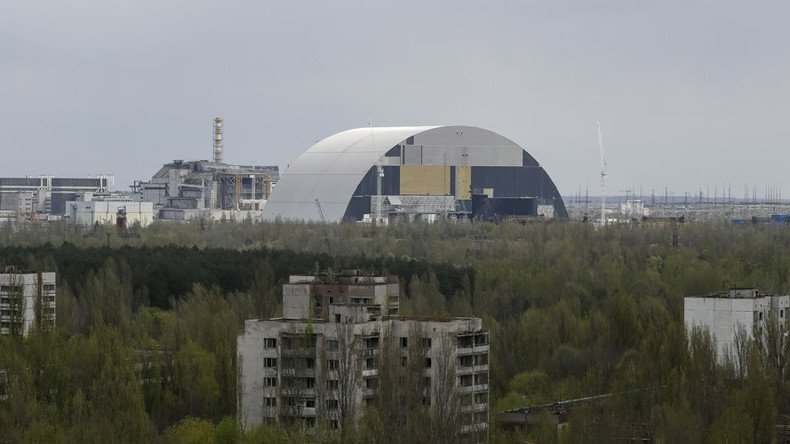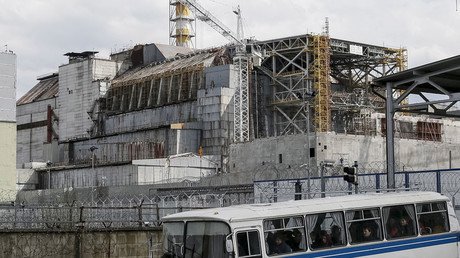‘Chernobyl, Fukushima were preventable’

A key lesson to be learned to prevent another Chernobyl or Fukushima disasters is that serious attention should be paid to safety culture – at plant, utility and government levels, said USC Dr. Najmedin Meshkati.
The Chernobyl and Fukushima nuclear accidents “were totally different”, says Dr. Najmedin Meshkati, from the Department of Civil/Environmental Engineering at the University of Southern California.
Unlike Chernobyl, the radiation spread at Fukashima resulted from a devastating earthquake that shook Japan on March 11, 2011.
“That is why their context was totally different. Because of the natural disaster versus no-natural disaster the situation was much calmer during the time of the Chernobyl accident,” Meshkati said.
However, neither the former Soviet government nor the Japanese leadership reacted properly to tackle the situations. The USSR leadership kept the accident secret for some time.
“For 24 hours or so, or more than that they kept the accident a secret – they didn’t let the people know. I remember reading that it was a very beautiful sunny day. People at Pripyat, which is the city that the plant employees were living, were sunbathing while the reactor was exuding radiation into the environment. There is a lot of criticism about the way that the government of the USSR handled that accident. That is why a lot of people there got exposed [to radiation],” he said.
Meshkati says the Soviet government should have better informed the public of the accident. He also criticized the way the evacuation of people from the area was organized, saying it could have been “much more orderly.” But that was the way the Soviet system worked where the government tried to conceal some events, the professor added.
“In the case of Japan, the government also didn’t respond correctly, because they didn’t do the damage assessment in a right manner and they relied too much on the utility Tokyo Electric Power Company, TEPCO, for telling the truth. And TEPCO at the beginning tried to underestimate the damage and underestimate the extent of the failure,” Meshkati said.
The most important thing to be learnt is that both disasters could have been prevented, Dr. Najmedin Meshkati said, citing years of research into the 1986 and 2011 accidents.
CHERNOBYL: FALLOUT 30 (SPECIAL PROJECT)
“The most important contributing factors, the most important lessons that we and the world must learn from these two accidents –both … were caused by poor safety culture at the plant level, at the utility level, and at the government level. And the most important lesson I think here is in order to prevent another nuclear accident, another nuclear catastrophe anywhere around the world, we really need to [pay] serious attention to the safety,” he said.
The statements, views and opinions expressed in this column are solely those of the author and do not necessarily represent those of RT.













